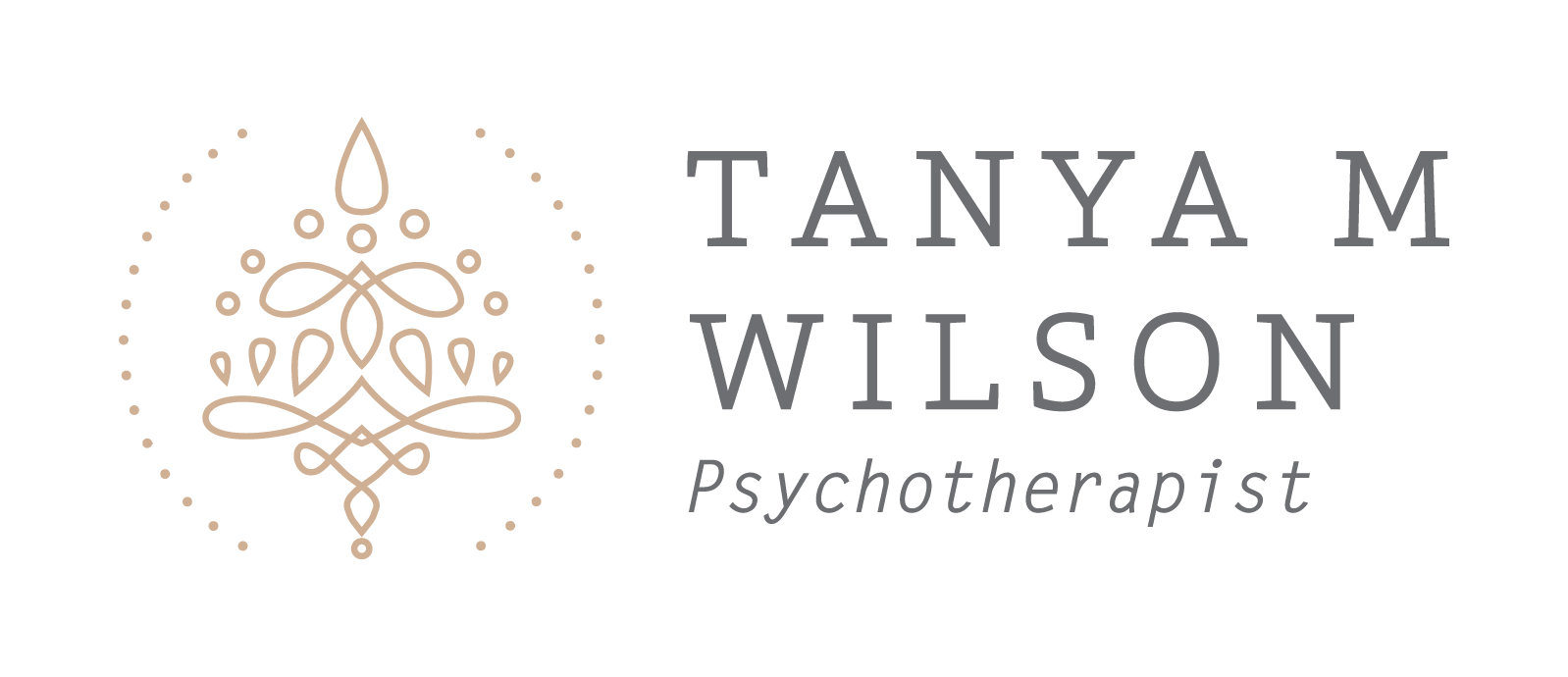What is transpersonal counselling?
You might have wondered what is transpersonal counselling? Transpersonal counselling sprung from the important work of psychologist, Abraham Maslow, in the 1960s and and was pioneered and developed by psychologists and philosophers such as Roberto Assagioli, Ken Wilber and Stanislav Grof.
It’s rooted in quite humanistic philosophy and welcomes and concentrates on a client centred approach. It comprises many techniques and tools, supported by a rich history of practice working with the whole person and even beyond the whole person.
We recognise there is more to us than just our personality and there needed to be a therapy that takes that into account to become much more effective.
Transpersonal counselling ‘…is based on the idea that humans are more than mind and body but are also composed of intangible, or transcendent, factors that make up the whole person.’
When it comes to transpersonal counselling, the process takes you beyond the personality and the day to day world and into other areas. This can mean an inward focus (such as body oriented therapies and being aware of the sensations and experiences in the body), embodiment practices (eg meditation and other ways to embody different parts of their personality that often can go shunned), beyond the body (eg what’s occurring your spiritual beliefs— often using the individual’s preferred way of spiritually connecting).
‘…in addition to typical counselling and psychotherapeutic techniques and methods, the therapist may employ mindfulness and other types of meditation or stillness practice adapted from Eastern spiritual disciplines in order to facilitate the expansion of awareness.’
Going beyond the body

Regardless of what we are accessing (whether internally or externally) it requires a process of going from a daily state of consciousness (also referred to as an ordinary waking state) and moving beyond that state into an altered state. Generally, through a guided meditation or visualisation, breathwork, moving the body or similar. It utilises what is known as a shamanic framework. It’s important to note that transpersonal counsellors do not claim to be shamans or doing shamanic work but utilising a shamanic paradigm (eg taking someone on a journey to an altered state to access their own resources).
Once in an altered state, the transpersonal counsellor will help you safely and securely access whatever information and resources are available in this state and help you see what is there, even if you aren’t necessarily aware they exist. It’s essentially a discovery process of finding those pieces of gold that normally lay dormant.
‘A transpersonal therapist may help the client cultivate a greater sense of connectedness with others, with nature, and with a higher spirit.’
Importantly, it’s about growing an awareness of yourself, your inner self and what is beyond the self.
How transpersonal counselling differs from talk therapy

Where most traditional methods of counselling or psychology address the mind, mental states and behaviour, transpersonal counselling addresses other states that extends beyond what we know as the identity.
‘A transpersonal counsellor takes a holistic approach, viewing life and life experiences as part of the larger process of spiritual development.’
During traditional talking therapy, we work with behaviours and how that dictates what happens in a person’s life and use tools to help change those behaviours. Such as cognitive behavioural therapy, which trains you how to recognise certain behaviours and minimise or redirect those. Talk therapy and counselling have a lot to do with personality and transpersonal counselling extends beyond that. Although, it can still incorporate talking therapy as it’s all valid and useful.
Discovering your gold

The beauty of transpersonal counselling is that counsellors teach the client how they can use these tools and discovered gold into their everyday life, which provides numerous benefits. The therapist is purely focussed on facilitating the client to genuinely discover their own internal resources.
It’s a wonderful way of working with people and they can come away with tools for life. I’ve seen such rich byproducts of the process, time and time again. Discover the experience for yourself by booking a counselling appointment.


